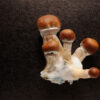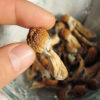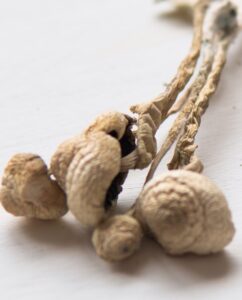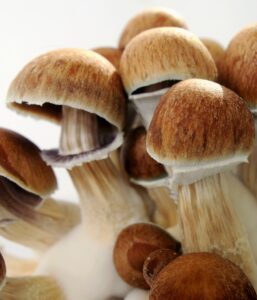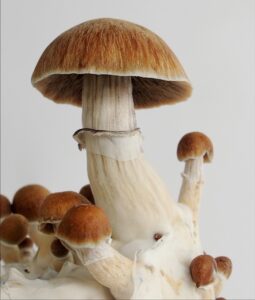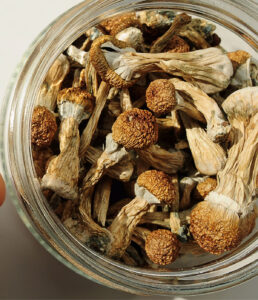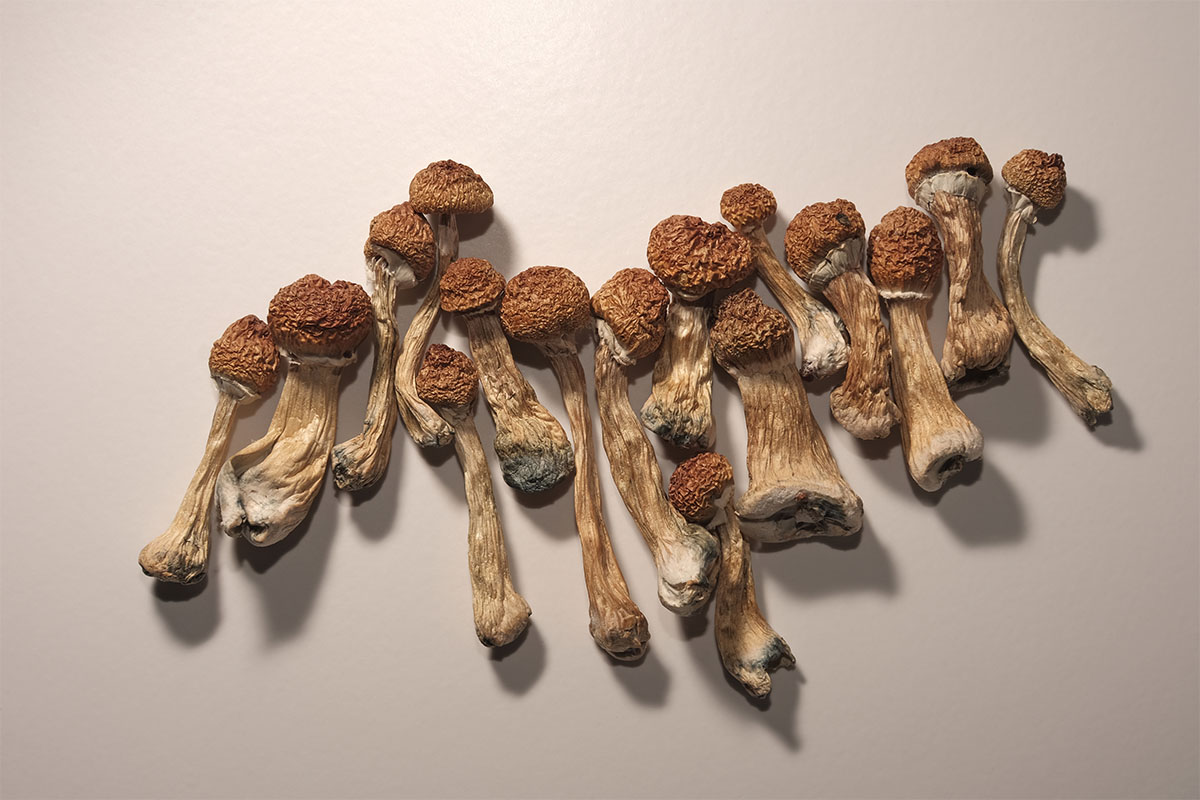
Summary of research article by Schindler et al., published in the Journal of Head and Face Pain, on November 23, 2022.
Cluster headaches are severely painful and disabling primary headache disorders that affect 1 in 1000 people. These headaches occur in cyclical patterns or clusters, with episodes lasting from 15 minutes to three hours. Current treatment options have limited efficacy and can cause adverse side effects. In recent years, anecdotal evidence has suggested that psilocybin, a naturally occurring psychedelic compound found in magic mushrooms, could help alleviate cluster headaches. This study aimed to explore the effectiveness of a low-dose psilocybin pulse regimen in suppressing cluster headache.
The randomized, double-blind, placebo-controlled trial involved 144 participants, all diagnosed with episodic or chronic cluster headache. Participants were randomly assigned to one of two groups. The treatment group received a low-dose psilocybin pulse regimen consisting of 0.143 mg/kg body weight psilocybin, taken every five days for a total of five doses. The control group received a placebo. The study period lasted for 25 days, with participants completing headache diaries, quality-of-life assessments, and safety evaluations.
The primary outcome measure was the change in the frequency of cluster headache attacks from baseline to the end of the treatment period. Secondary outcomes included changes in headache intensity, quality of life, and safety parameters. The analysis revealed a statistically significant reduction in cluster headache frequency in the psilocybin group compared to the placebo group. In addition, the psilocybin group experienced a significant decrease in headache intensity, as well as a significant improvement in quality of life.
Adverse events were reported by 19.4% of participants in the psilocybin group and 12.5% in the placebo group. The most common adverse events were mild and transient, including dizziness, nausea, and fatigue. No severe or serious adverse events were reported, suggesting that the low-dose psilocybin pulse regimen was well-tolerated.
This study provides preliminary evidence that a low-dose psilocybin pulse regimen may be effective in reducing the frequency and intensity of cluster headache attacks. The treatment also appeared to be well-tolerated, with no serious adverse events reported. However, the study’s limitations include its relatively small sample size and the potential for selection bias, as participants were required to have a history of failed traditional treatments.
Further research is needed to confirm these findings and to explore the optimal dosing and treatment duration for psilocybin in cluster headache management. Additionally, future studies should investigate the potential long-term effects of psilocybin use and the mechanisms by which it may alleviate cluster headaches. Given the severity and disabling nature of cluster headaches and the limited effectiveness of current treatments, the development of novel therapies such as psilocybin could have a significant impact on patients’ quality of life.

